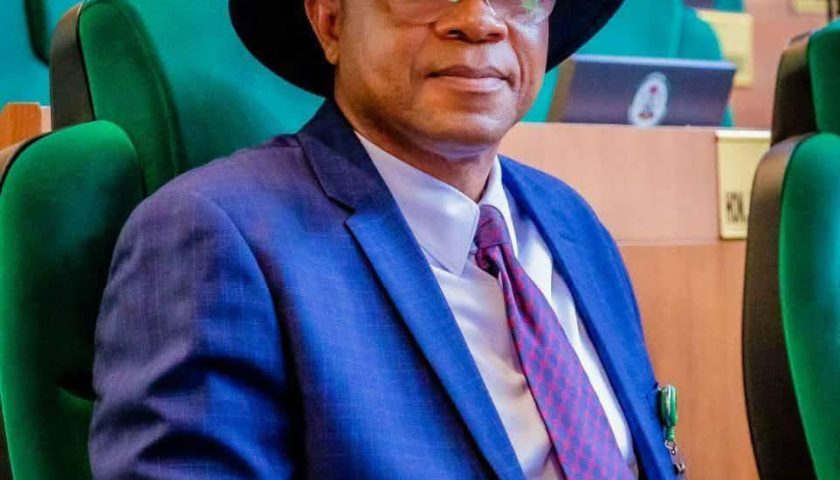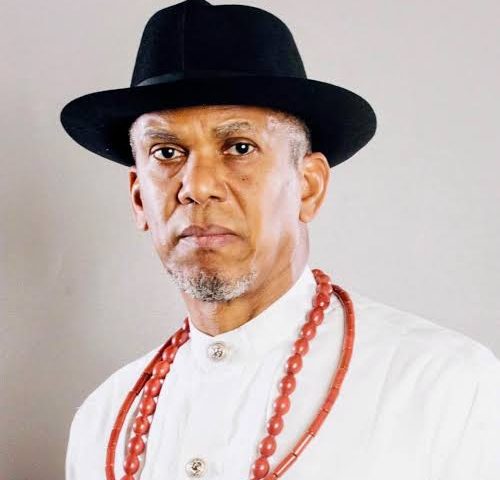By Sunny Awhefeada
Before bursting into global consciousness, Okuama was a small agrarian community nestled on the bank of the Forcados, one of the many rivers that sustain the wetland character of the Niger Delta. As an Urhobo community, it occupies a place of fondness as the home of the first Urhobo and first African Bishop of the Anglican Diocese of Benin, Bishop Agori Iwe. Okuama was never associated with violence or any other act of infamy, the kind of which shot it into global reckoning in March 2024.
The Okuama people belong to the Ewu stock of the Urhobo. The water that runs through Okuama also flows in a lumbering manner through Okwagbe where Bishop Ajayi Crowther’s crew berthed in 1854 before sailing towards Onitsha where he eventually anchored and established the Church Missionary Society (CMS). Was it not possible that Bishop Crowther also reached Okuama and in the fullness of time Okuama produced the first African to be Bishop of the Anglican Diocese of Benin? It was possible. Okuama was and is still dear to the Urhobo people despite being tucked away in the periphery of the vast land and waterscape that define Urhobo geography.
Okuama is somnolent and the razzmatazz which defines contemporary experience is unknown to the community. The inhabitants are largely subsistent farmers and fishermen who cherish their untroubled, innocent and bucolic lives.
I visited Okuama in 2011, in company of colleagues, to pay final respect to Professor Michael Pender Adogbo, who was instrumental to my stability in my subaltern days as a university don. Roads do not lead to Okuama.
The only means of getting there was by boat. There were neither cars nor modern buildings. The long river bank was strewn with boats bearing nets, fish cones and other harmless appurtenances of primordial existence. Most of the buildings were built of clay with brown rusty corrugated roofs sitting clumsily on them.
We saw the town hall which was actually ramshackle. We saw the primary school which was a creaking enclosure. We saw the church, an Anglican Church, ostensibly there due to Bishop Iwe’s influence. Urhobo people frequently reference Okuama as the home of Bishop Agori Iwe and not as an enclave of violence.





